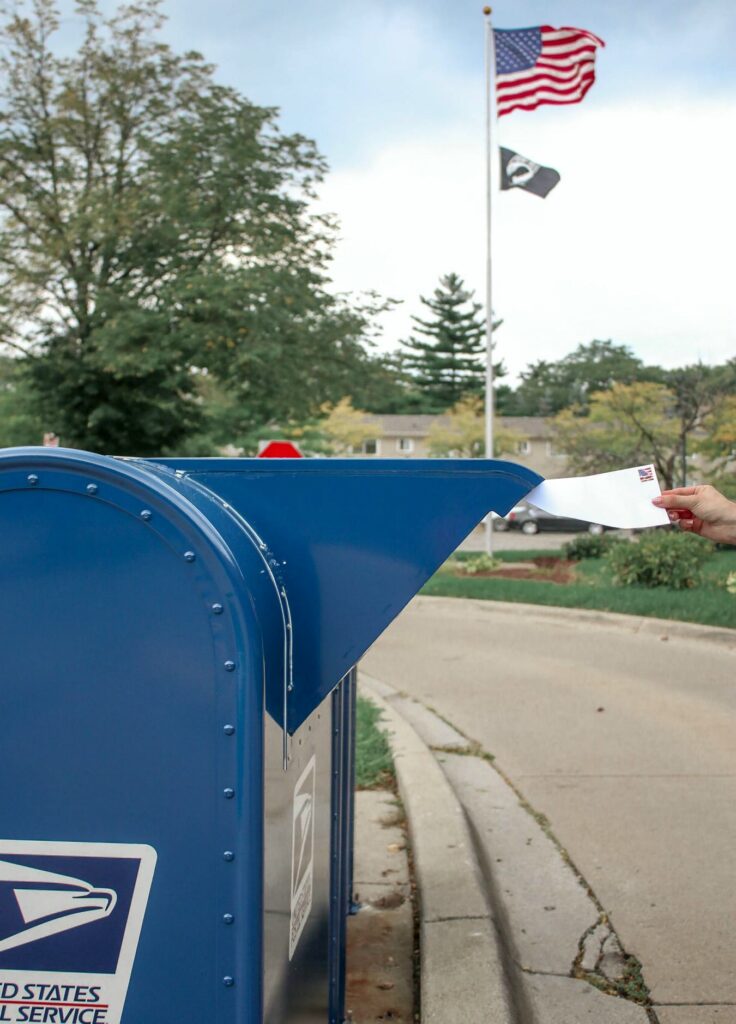There is a simple case against mail-in ballots. It can be boiled down to two main points, the chain of custody and anonymity.
Chain of custody is and always has been a critical issue with ballots. If ballots are unaccounted for, even for a short period, it raises the concern ballot boxes may have been stuffed, or ballots may have been replaced or thrown out. This is especially true if the election takes place slowly. The longer a ballot count takes, the more time a nefarious actor has to get a count on how far they are behind. This situation allows time to determine how many opponent votes must be discarded or how many must be added (or both). I doubt any party would allow the boxes of uncounted ballots to be in possession of the opposing party alone for even 10 minutes.
The chain of custody must be accounted for if people are to have confidence in any election. If you don’t believe in the integrity of elections, you will end up in a civil war; that is a certainty. Identifying election dynamics that destroy confidence is critical to the continuity of a republic. Once one side is unwilling to compromise on a dynamic that does so, the trajectory of events becomes dire.
When ballots are mailed in, there is no chain of custody on those ballots until after they are delivered (assuming they are) to the counting center. The problem with this scenario is that if a liberal postal worker collects votes from a conservative district, or vice versa, then there is no oversight on that individual who could throw out the ballots from a predominately opposing community. Unless bipartisan observers watch every postal worker as they collect and forward ballots, there is no chain of custody on them.
History has shown the public doesn’t have faith in elections where the chain of custody isn’t airtight. Allowing mail-in ballots will lead to complete distrust in the results of elections. For this reason, Bill Barr said that using mail-in ballots is “playing with fire.”
The second simple argument against mail-in ballots is anonymity. We have always had a system whereby a person must show up in person, identify themselves, and then be issued a ballot. The person then steps into a closed booth where they can vote. They place their ballot in a bin containing the ballots from that day and location. This way, we know that all the ballots in the bin (assuming it was checked and confirmed to be empty before voting and then locked) are legal votes by legal voters from that day.
This method has existed for over 100 years because it prevents people from buying votes. If you know how a person voted, you can pay them to vote a certain way or compromise their situation and threaten them if they do not vote the way you demand. If a person’s vote is first confirmed to be the vote of a citizen, yet remains private, then the integrity of the ballot is preserved.
Mail-in ballots cannot meet this standard. To confirm that a mail-in ballot is from a specific person, the auditor holding the ballot knows the result of the vote and the voter’s name. This dynamic destroys the integrity of elections since nefarious actors can buy votes or motivate people to vote a certain way by compromising their situation.
If the result isn’t anonymous, there is the possibility of buying votes or threatening people into voting a specific way. Only by voting in person can you certify that it is a legal voter, have anonymous voting, have a chain of custody, and have a quick count. This is the reason nations all across the globe conduct civil elections this way.
